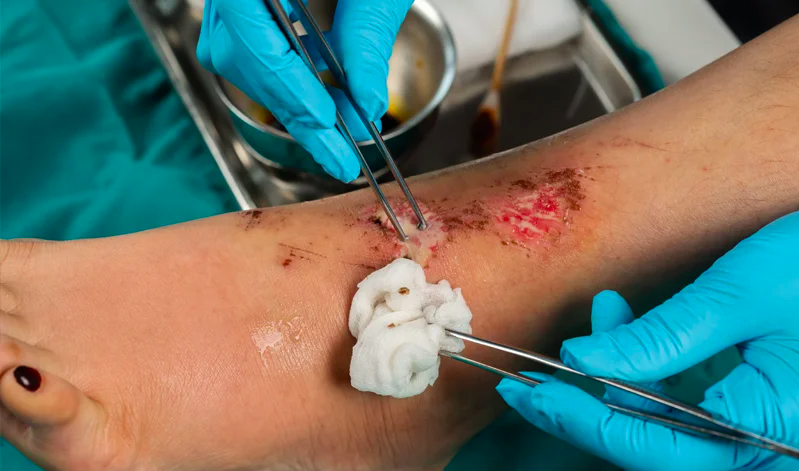Step to Work | Positive appraisal of learning during challenging situations



Positive appraisal of learning during challenging situations
By the end of the session you should be able to:
- appraise the thoughts and feelings you have experienced during difficult and challenging situations
- value your own strengths and personal resilience's by sharing this experience with a mentor or colleague
Document your answers to the following task in the worksheet. The exercise should take about 10 to 15 minutes to complete.
1a task: describing the difficult or challenging situation
Document your answers to the following reflection in the worksheet. The exercise should take about 10 to 15 minutes to complete.
1b reflection: debriefing
Share your experience of the difficult situation with a colleague, your preceptor, someone you have studied with or other mentor by verbally summarising each stage of the debrief.
- Has the process of describing the different stages of the way you responded to the difficult situation changed your perspective on it? If so, in what way?
- Have your colleagues experienced similar situations or reactions to those you described? What common themes can you identify?
- Discuss with your colleague or mentor what learning capacities, personal qualities and values you can identify in the way you responded to and coped with the challenging situation that will be helpful for you as move forward in your profession.
Summary
- Task debriefing is the process of an individual or team formally reflecting on their performance after a particular task, a shift or a critical event. This process is important for several reasons including to help ensure patient safety.
- Critical incident stress debriefing is an evidence-based approach for staff support that is used in high-stress healthcare contexts. It provides a structure within which you can surface and explore your thoughts and feelings about challenging situations you have experienced.
- Anaesthesia | e-LA Learning Path: Edinburgh Medica...
- Posted By eIntegrity Healthcare e-Learning
- Posted Date: 2025-02-05
- Location:Online
- This session will cover the assessment and treatment of post-operative pain and management of early post-operative nausea and vomiting (PONV).
- Anaesthesia | e-LA Learning Path: Edinburgh Medica...
- Posted By eIntegrity Healthcare e-Learning
- Posted Date: 2025-02-05
- Location:Online
- This session illustrates the importance of effective airway maintenance in the recovery room, why oxygen therapy is required and how it can be safely and effectively administered.
- Anaesthesia | e-LA Learning Path: Edinburgh Medica...
- Posted By eIntegrity Healthcare e-Learning
- Posted Date: 2025-02-05
- Location:Online
- This session describes the function of a recovery facility, the most common problems likely to be encountered in post-operative patients, and makes suggestions for the management of these problems.
- Anaesthesia | e-LA Learning Path: Edinburgh Medica...
- Posted By eIntegrity Healthcare e-Learning
- Posted Date: 2025-02-05
- Location:Online
- This session outlines the basic definitions of local and regional anaesthesia (LA and RA), and advises when to use each as a sole technique and when to use in combination with general anaesthesia (GA). It also covers consent issues, minimal safety standar
- Acute Medicine | Palliative care | Non-drug interv...
- Posted By eIntegrity Healthcare e-Learning
- Posted Date: 2025-02-04
- Location:Online
- This session outlines a variety of non-drug interventions which may be used in an integrated approach to symptom management and enhance quality of life in end of life care. This session was reviewed by Louise Free and Richard Kitchen and last updated in F


